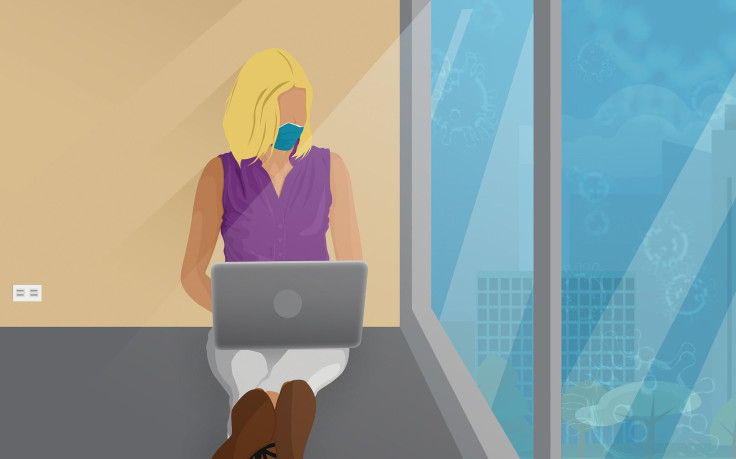Extroverts 'Burdened' By Work-From-Home Setup During COVID-19: Study
KEY POINTS
- Researchers conducted the study from May to August 2020
- Extroverted and conscientious employees became less productive over time
- Losing social contact and lack of structure may have been the "major drawbacks"
Extroverted and conscientious employees struggled more with the work-from-home set-up during the COVID-19 pandemic, researchers found. Over time, people with these personality traits had "deteriorating" outcomes.
The coronavirus pandemic prompted a shift from in-person to a work-from-home or remote working set-up and many employees had to adjust to the sudden shift. Previous studies showed that working from home had both benefits and challenges, Tilburg University noted in a news release. For instance, it provided people with more flexibility but also removed social contact with colleagues. Furthermore, it also led to difficulties in terms of "reconciling work and family."
For their study, published in Social Personality Psychological Science, Tilburg researchers had a closer look at the relationship between the different personality types and "within-person changes in five job outcomes" during the first wave of the pandemic when the transition happened. These are self-reported performance, engagement, job satisfaction, burnout and turnover intentions.
From May to August 2020, the researchers conducted the study on employees who had to shift to working from home and found that those who had a high score in conscientiousness and extroversion were actually more "burdened" by the set-up, reporting less happiness and productivity.
"Extroversion and conscientiousness, two traits traditionally associated with desirable outcomes, were associated with deteriorating outcomes over time," the researchers wrote. "Extroverted employees and conscientious employees became less productive, less engaged, and less satisfied with their jobs; and extroverted employees reported increasing burnout."
In fact, even though the people with these personality traits actually had better outcomes at the beginning of the study, towards the end, they had already lost the "advantages." On the other hand, those who scored low in these personality traits even improved in these same outcomes during the same time period.
"Under normal circumstances, extroversion and conscientiousness are associated with a range of advantages at work. However, our results suggest that these advantages disappear over the course of a forced (pandemic-related) transition to remote work," the researchers wrote.
As the researchers explained, sociability is one of the "fundamental features" of extroversion, so losing the social contact they usually have was a "major drawback" of having to work from home. By contrast, studies even before the pandemic have found that introverts are actually "more effective in environments that discourage social interactions."
In terms of conscientiousness, people who are conscientious tend to have a need for structure. It's possible, the researchers noted, that those who are more conscientious may have struggled because of the "lack of structure and uncertainty" that came with remote work, whereas those who are less conscientious were actually more likely to thrive.
The results of their study increases the understanding of how people's individual differences can affect their job outcomes, the researchers noted. With companies considering to continue with the remote set-up, it could be helpful to take such factors in employees' personalities into consideration, Tilburg University noted.

© Copyright IBTimes 2025. All rights reserved.






















